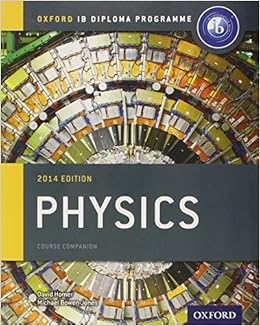When does an observation become scientific law? How many times should an experiment be conducted to make turn a hypothesis into a theory?
-An observation becomes a scientific law when there is action taken upon the observation; Science as we know it is a progressive field. Observations lead scientist to find out facts about life. An example of this would be Newton's law: Newton observed the apple falling on his head, and from the observations, he came up with the law of gravity. He repeated this and concluded that if the object with more mass (the Earth) attracts the object with less mass (the apple).
- An experiment should be tested multiple times before we can conclude it is a fact, in addition, we have to also add in other factors such as the environment it is in. "A scientific law always applies under the same conditions, and implies that there is a causal relationship involving its elements."
- An experiment should be tested multiple times before we can conclude it is a fact, in addition, we have to also add in other factors such as the environment it is in. "A scientific law always applies under the same conditions, and implies that there is a causal relationship involving its elements."
 |
| Newton's Law of Gravity |
Is Science created or discovered?
- There are many ways to look at the question upon answering it, while some areas of science where always there since the beginning of time and have been known due to humans discovering them, an example of this would be mathematics " Since much of math that we used (almost all) is based on first principles found in the universe, it can be argued that basic math is discovered rather than invented, but since those principles are not the only math systems explored math as a whole is not created. In addition, everything that was found as a "scientific law" was discovered rather than created from the human.
Examples: laws of physics, finding new elements, molecules (Chemistry)
How reliable is your science textbook?
- Our science textbooks are reliable sources, due to the fact that topics that are taught are usually fact based rather than theory based. So, physics students would learn reliable stuff by Newton as it is supported by facts, in addition, science is a very progressive field so with new major discoveries there will be new topics to teach and learn about. Furthermore, our science textbooks show real life examples of how the law applies in our everyday lives. We also do labs and experiments to prove these laws and theories, and this shows why we should trust our science textbooks




Thanks Basel. Also to consider when discussing the reliability of a text book:
ReplyDeleteWhere is the book published? A university press? What country and city?
Who is the author? Do their degrees make them an authority on their field? Who disagrees with them?
How does this book fit in with other knowledge in the field?